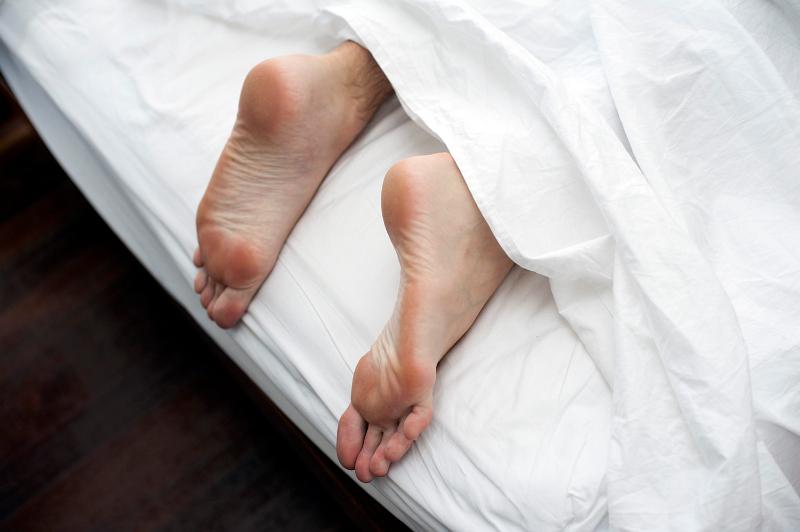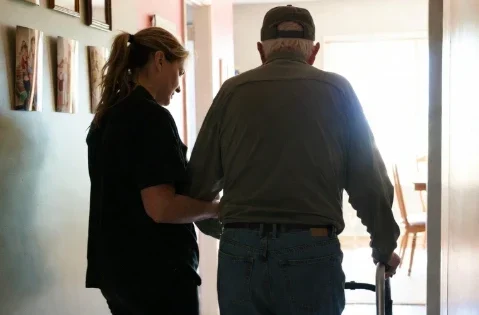Sleep is a precious and restorative process for people of every age. As we grow older, a good night’s sleep doesn’t lose its significance; however it does become more difficult to obtain. Sleep duration decreases by an average of 30 minutes per decade starting at mid-life. And it’s not only quantity that’s affected. Sleep quality is reported to worsen as well—an unfortunate side effect of cellular aging and unavoidable changes in circadian rhymes.
Managing sleep disturbances is no easy feat and requires a multi-dimensional approach. Sometimes, sleep disturbances are secondary to chronic illness or poor health status and correcting these underlying concerns improves sleep. For those otherwise healthy, behavioral treatments are the preferred first-line therapies. A few things to consider:
- Keep the bedroom dark during the night and bright during the day
- Prevent noise disturbances at night
- Go to bed and wake up and similar times every day
These behavioral adjustments are especially beneficial to older adults with mild dementia. Older adults with dementia exhibit more disruptive sleep, which may be part of the neurodegenerative process of the disease. Poor sleep can also be an early sign of cognitive decline, so it’s important to pay attention to changes in sleeping patterns.
When drugs are prescribed for insomnia in older adults (notably for those with dementia), it is often for the health and sanity of the caregiver. Many times, though, sedative drugs are associated with more risks than benefits. Before you subscribe to medication, speak to your healthcare provider. Many sleep-wake disturbances can be diagnosed by history alone. Are you having difficulty falling asleep or staying asleep? Do you have excessive daytime sleepiness (ESD)? Have nighttime behaviors become disruptive? There is no single way to treat sleep disturbance; managing your sleep is an affair unique to you.
If sleep is a concern for you or your loved one, speak to a qualified healthcare provider before you resort to medication. we would be honored to connect you to a professional who can assist you. Our vetted referral network can help make the process more comprehensive. Call us anytime at 1.877.687.7380 (NURSE80).




